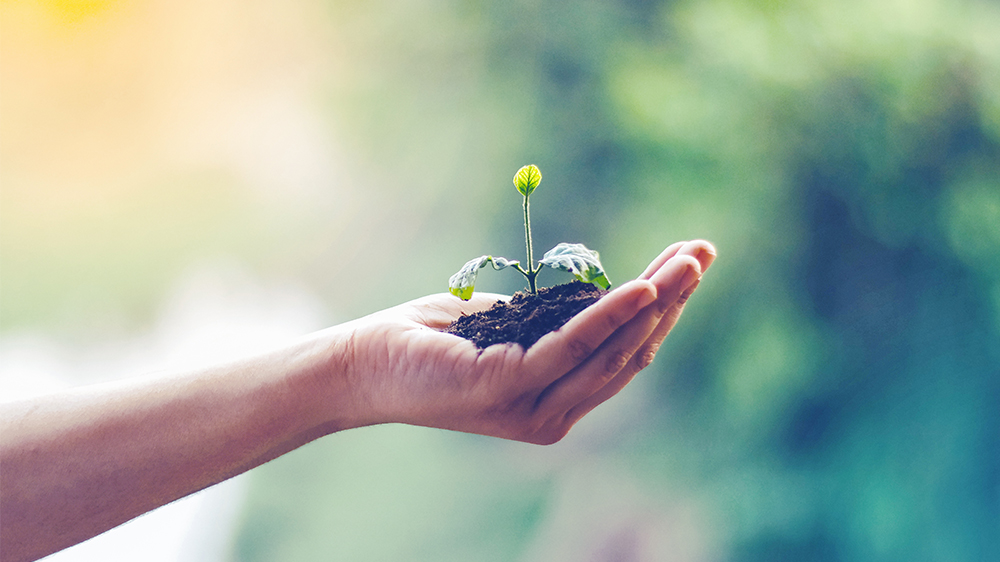SUSTAINABILITY
Uplus' patented process reduces carbon emissions by
%
Energy efficiency
%
Lower indoor temperatures by
° C
Our Vision

"Uplus, Life plus" conveys the business philosophy of improving human life with nanotechnology and starts from the field of energy-saving of buildings in Taiwan, upholding a global vision, improving the quality of human life, and creating a sustainable living environment.
- Every year, we help reduce CO₂ emissions by approximately 12,775 tons, equivalent to saving 25,500,000 kWh of electricity consumption, which is equivalent to planting 1,000,000 trees for our planet.
- For every 100,000 m² of recycled film, the manufacturing of 600ml PET bottles can reduce CO² emissions by approximately 2,641,500 kg.
External Engagement
Implementing ESG, Practicing CSR
Save energy and Reduce the carbon emission
- Green R&D
Uplus has always adhered to the core value of environmental sustainability, planting the seeds of green for our planet. - Green application
Uplus solar film is not only suitable for the construction industry but also for the automotive market. It can be further customized to meet the distinct needs of both front-end and rear-end markets.


Sustainable Environment
Uplus is committed to protect environment, integrate the concept into our corporate culture, enhance employees’ awareness of environmental protection and caring, improve energy, water and waste management, and reduce the impact to biodiversity. In addition, Uplus organizes environmental protection activities for our employees and further improve their environmental awareness. We believe that only through working together can we create more value for the environment and the society. Energy and climate change related action.
Sustainable Product
Uplus solar film is produced by directly blending key heat-insulating materials into the raw materials and pressing them into infrared absorption masterbatches. These masterbatches are then processed through a patented method to create the infrared absorption film, which is coated to produce solar film products.
According to statistics, Uplus’ patented process reduces carbon emissions by 33% compared to conventional manufacturing methods. What’s even more unique is that after the product’s lifecycle, it can be recycled and reused to create heating fibers for thermal clothing or serve as an additive for PET bottles.

Green Manufacturing Process
Low-carbon processes
Reducing environmental impact
Product life cycle
Energy savings and carbon reduction
End of product life cycle
Recycling and giving products a second life
Internal Engagement
Innovative Services
- Promoting digital services (pioneering online ordering and online warranty registration).
- Providing electronic invoices.
- Replacing paper brochures with digital catalogs and paper coupons with digital discount codes.
Energy
- Using Uplus window films and offering employee discount programs.
- Turning off lights for one hour during lunch breaks.
- Using variable-frequency air conditioning set to maintain 26–28°C, combined with fans to enhance airflow.
- Fully switching to LED lighting in the office.
Employee-Driven Environmental Initiatives
- Going paperless, with employee clock-in, approvals, and document processing all done electronically.
- Using eco-friendly utensils and recycled, environmentally friendly paper products.
- Meatless Mondays every week.
- Recycling and reusing cardboard boxes and wastepaper.
Social Responsibility
- Regularly donating supplies to the Zhongyi Social Welfare Foundation.
- Providing window film to Wanhua Junior High School to help reduce student class fees (electricity costs).
- Applying energy-saving solutions to New Taipei Orphanage, providing children with a more comfortable living environment.
Employee Well-being
- Enhancing employee care and welfare programs.
- Organizing low-carbon employee trips.
Energy-saving solutions for the building shell (building envelope)
Every year, we help reduce CO₂ emissions by approximately
tons
equivalent to saving 25,550,000 kWh of electricity consumption,
which is equivalent to planting 1 million trees for our planet.
Energy-saving and thermal insulation building materials
TheOne Solar Film
Request a quote
Reference Projects
About Uplus
Copyright © 2024 億高應用材料(股)有限公司 / Zirco Applied Materials Co., Ltd.